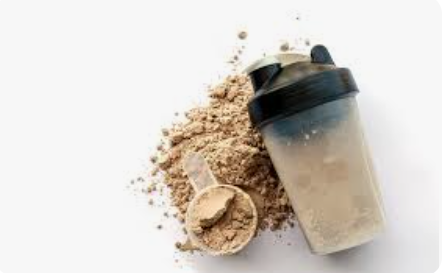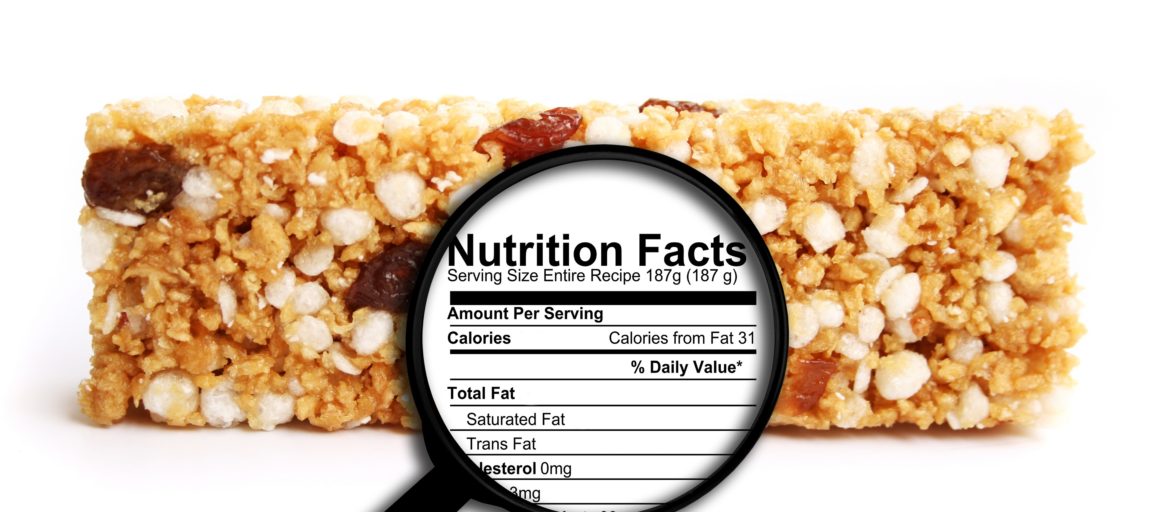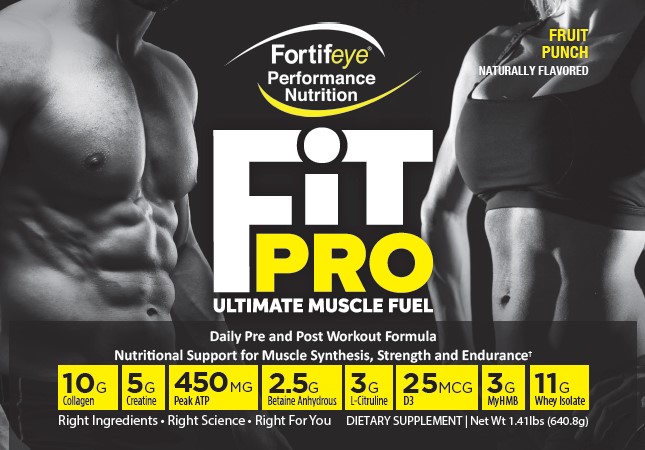In this thorough manual on achieving optimal nutrition, we delve into essential dietary factors and dispel prevalent misconceptions to empower you in making well-informed decisions for a healthier way of life. From examining the effects of mouthwash on cardiovascular health to strategically combining fruits and vegetables, we navigate evidence-based insights to elevate your overall well-being. Embark with us on a exploration of the nuances of dietary decisions, offering practical tips and scientifically-supported advice to steer you toward a life that is both nourished and balanced.
1. Restrict the Use of Mouthwash Avoid regular use of mouthwash. Many mouthwashes eliminate the beneficial bacteria in the mouth that play a role in converting dietary nitrates to nitrites. This can diminish the vasodilation effects of these dietary nitrates, compromising the cardio-protective benefits associated with certain foods. Such an impact may elevate blood pressure and contribute to ischemic conditions in the brain, eyes, and heart. Instead, contemplate incorporating an acid-stable probiotic like Fortifeye Probiotic Bacteria to restore your microbiome with beneficial bacteria.
2. Reconsider Your Fruit Mix Avoid pairing apples, pears, or bananas with berries in your fruit salads, as the polyphenol oxidase found in these fruits can hinder the absorption of beneficial flavonoids from the berries. Take a second look at your fruit salads and smoothies. Instead, explore Fortifeye Organic Blue Green Superfood—a gluten-free, FODMAP-free blend of superfoods, adaptogenic mushrooms, enzymes, and probiotics, all sourced organically.
3. Exercise Caution Regarding Beta-Carotene Avoid combining carrots, sweet potatoes, or pumpkins with greens, orange bell peppers, wild salmon, or goji berries. The beta-carotene present in these three foods binds to the binding sites of carotenoids in the xanthophyll family, hindering the absorption of lutein, zeaxanthin, and astaxanthin. If there’s a family history of macular degeneration or if you’re dealing with macular degeneration, refrain from taking supplements containing beta-carotene alongside lutein, zeaxanthin, or astaxanthin.
Given that greens are rich in lutein, orange bell peppers and goji berries are high in zeaxanthin, and wild salmon is abundant in astaxanthin, consider opting for Fortifeye Focus or Fortifeye Focus and Brain. These formulations provide a therapeutic, clinically studied dosage of lutein, zeaxanthin, and astaxanthin. Notably, Fortifeye Focus and Brain also incorporate Cognizine into the triple carotenoid formula, enhancing brain nutrition significantly.
4. Reduce Rice Consumption Cut back on rice consumption due to its elevated arsenic levels. If you opt for rice, choose varieties such as jasmine, sushi grade, or basmati white rice, as they generally contain lower levels of arsenic. To mitigate arsenic content, thoroughly rinse the rice, soak it overnight in spring water or purified water, rinse again, cook it in spring or purified water, and give it a final rinse. Consider substituting rice with gluten-free alternatives like quinoa, buckwheat, and amaranth, although it’s worth noting that these ancient pseudograins are high in phytic acid.
To reduce phytic acid in these alternatives, soak them overnight in spring water or purified water and rinse well before cooking. Limit your bread intake to sprouted and/or fermented (sourdough) varieties to minimize the consumption of antinutrients like phytic acid, which can lead to digestive issues and mineral deficiencies. Fortifeye Vegan Super Protein, utilizing upcycled sprouted barley protein and fermented pea protein combined with Velositol, is a noteworthy vegan protein option. This protein is free from potential contaminants, phytic acid, lectins, oxalates, arsenic, and other potentially harmful antinutrients. Fortifeye Vegan Super Protein boasts a PDCAAS of 1 and an amino acid profile akin to whey protein.
5. Manage Oxalate Intake Refrain from consuming excessive amounts of spinach, beets, or almonds due to their high oxalate content, which can elevate the risk of painful kidney stones. If you choose to include these foods in your diet, pair them with dairy sourced from A2 cows, sheep, or goats. The dairy facilitates the binding of calcium to oxalates in the gut, aiding in their excretion.
Opt for milk, cheese, yogurt, or kefir from A2 cows, goats, or sheep when incorporating dairy, as these options lack the potentially harmful A1 beta-casein protein associated with conditions such as diabetes, cancer, heart disease, autism, and SIDS. Consider utilizing Fortifeye Super Protein or Fortifeye Grass-Fed Whey Isolate, both of which are devoid of any casein protein. Additionally, Fortifeye Organic Blue Green Superfood and Fortifeye Rejuvenate are oxalate-free and do not contain other potentially harmful antinutrients.
6. Choose the Right Omega-3s While omega-3 essential fatty acids offer benefits to every cell in your body, it’s crucial to recognize that not all omega-3s are created equal. Incorporating more young, cold-water fatty fish such as sardines, anchovies, mackerel, herring, and wild Alaskan salmon into your diet is an excellent way to reap the health advantages of these essential fatty acids.
However, many individuals may not consume sufficient amounts of these fish to derive the positive benefits. In such cases, omega-3 fish oil supplements become a valuable source of these nutrients. It’s important to note that the majority of omega-3 supplements on the market are of an inferior, more cost-effective form known as ethyl ester omega-3 or EE omega-3. This form is unstable, prone to rapid rancidity, and has poor absorption. Moreover, it requires liver processing to eliminate the ethanol backbone and replace it with a triglyceride backbone before absorption, potentially causing gastric distress and unpleasant fish oil “burp backs.” Recent studies have also linked higher dosages of ethyl ester omega-3 fish oil to atrial fibrillation.
To ensure optimal absorption and stability, most omega-3 experts recommend opting for an rTG form omega-3 supplement. This re-esterified triglyceride form absorbs more quickly, is more stable, and eliminates the risk of unpleasant “burp back.” The highest quality rTG omega-3 fish oils are developed by experts in Norway, and the label should indicate rTG, TG, or natural triglyceride form, with a product origin in Norway for assurance of quality.
A simple test to distinguish between EE and rTG forms is to squeeze the contents into a Styrofoam cup and observe if it dissolves a hole in 10-15 minutes. An ethyl ester form will dissolve the cup. For a pure, potent rTG omega-3 fish oil produced in Norway, consider incorporating Fortifeye Super Omega or Fortifeye Super Omega-3 Max into your supplement routine.
7. Choose Optimal Protein Powder for a Well-Balanced Diet Utilizing powdered proteins provides a convenient means to fulfill daily protein needs, but careful selection is paramount to avoid potentially harmful additives. Whey protein, boasting a PDCAAS of 1, stands out for its high bioavailability, easy digestibility, and absence of lactose and casein. When opting for whey, prioritize meticulous processing, origin (such as New Zealand, the UK, America, or France), and steer clear of additives like Sucralose, aspartame, acesulfame potassium, soy lecithin, soy, carrageenan, and dyes. Fortifeye Super Protein or Fortifeye Grass-Fed Whey Isolate are exemplary choices that adhere to the highest quality standards for both WPC and WPI.
While vegan proteins have gained popularity, caution is necessary in their selection. Many may lack completeness and contain anti-nutrients that can lead to digestive issues and impede mineral absorption. When considering vegan protein, prioritize organic or non-GMO options, lean towards those that are fermented or sprouted, and ensure third-party testing for freedom from pesticides, herbicides, heavy metals, and toxins. Look for a PDCAAS score of 1 for completeness, as numerous vegan proteins may have low BCAA content and may not be comprehensive.










